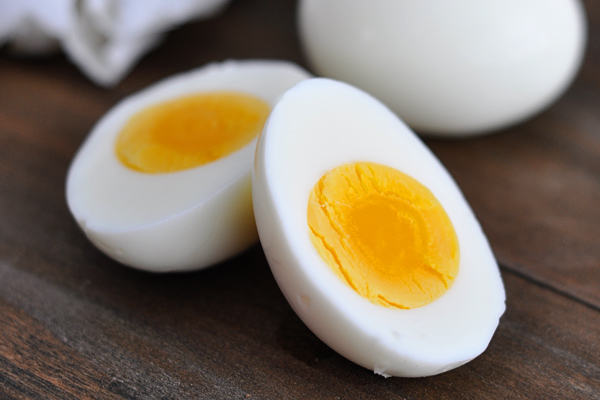
Learning how to cook the basic eggs styles is a skill for life
By Laura Ivill
You know how to make eggs, everyone knows how to make eggs, but this class at the Cookery School in central London goes over all the basics in one easy session, so you have the confidence to whisk breakfast together in an instant.
After a welcome coffee and muffin, our class of seven started chopping the few other ingredients we’d need – onions, courgettes, cooked potatoes and herbs for the frittata. Otherwise it’s eggs, eggs and more eggs all morning long. Recipe cards are provided in a handy wallet, a stack of them, from simple fried eggs, through scrambled, poached, omelettes, and eggs in cocottes (cute mini casserole dishes), to an oven-baked frittata.
In the basement kitchen, equipped with several double ovens and hobs, our teacher, Lucy French, took us through all the simple methods. We all had a chance to pitch in as the class rattled along at a good pace, seamlessly moving from one dish to the next, tasting our ‘perfect eggs’ as we went.
We were given lots of tips which all went in my notebook. Lucy said that eggs don’t need to be kept in the fridge as they have their own protective shells, and that, as they are date stamped these days, it takes the guesswork out of freshness (older eggs float as air accumulates in the fat end). She pointed out that egg dishes must always be seasoned – our tastings proved that point – and that one of the keys to success is to control the heat. When heating butter in a pan for fried eggs, for example, the fat should be hot enough to be foaming, the same goes for omelettes, so that the egg starts to cook straight away, otherwise you will just be mingling egg with butter. A great tip with fried eggs, sunnyside up, is to cook them with the lid on, to trap steam to help the yolk get that lovely glaze on top.
When we made the frittata – an easy brunch dish that uses up leftover veg – Lucy said to fry the onions up from cold, in a cold pan with cold olive oil, and to keeping stirring to bring out the flavour and colour. This really did highlight the sweet flavours of the caramelised onions.
The most impressive dish we made was omelette Arnold Bennett. Coincidentally, this had been one of the skills tests on Masterchef the Professionals earlier in the week. It was originally made for the writer Arnold Bennett at the Savoy Hotel in London, and involved poaching haddock or other white fish, whisking egg yolks and cream into a sauce and grilling the cheese-topped omelette until it becomes almost soufflé like. Absolutely delicious, and, like all the recipes, dead simple with a little know-how.
Finally to the poached eggs and hollandaise sauce – the basis for everyone’s favourite, eggs Florentine and all the variants. Lucy explained to us that for the sauce to work we need to add the hot clarified butter very gradually to the egg yolks, lemon juice and water in a blender, because the hot butter needs to start to cook the yolk mixture on contact. We served the sauce with neatly poached eggs (trim them with scissors if necessary), and wilted spinach on hot buttered muffins.
As Lucy said, eggs are back in our good books, nutritious and filling. I like to ‘go to work on an egg’ so I need to be able to ring the changes. Now I’m confident I can make them every which way, and perfect every time.
For perfect poached eggs:
Add a splash of white wine vinegar (which helps the white stay together) and stir, so you get that swirling motion – again, it doesn’t need to be aggressive.
Choose a fresh egg, crack it into a bowl (always do this with eggs so you don’t get any shell into your cooking pans), then tip it into the water gently, almost on the water line.
Have confidence it will just cook. You don’t need to mess with it and you can add a second egg.
Remove with a slotted spoon so all the water drains away. Pile it neatly and trim any unsightly stragglers.
Class: Perfect eggs
Where: Cookery School, 15B Little Portland Street, London W1 (020 7631 4590, cookeryschool.co.uk)
Duration: 3 hours
Cost: £115
